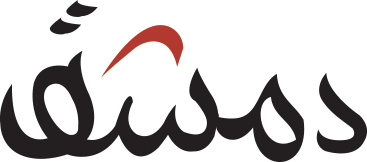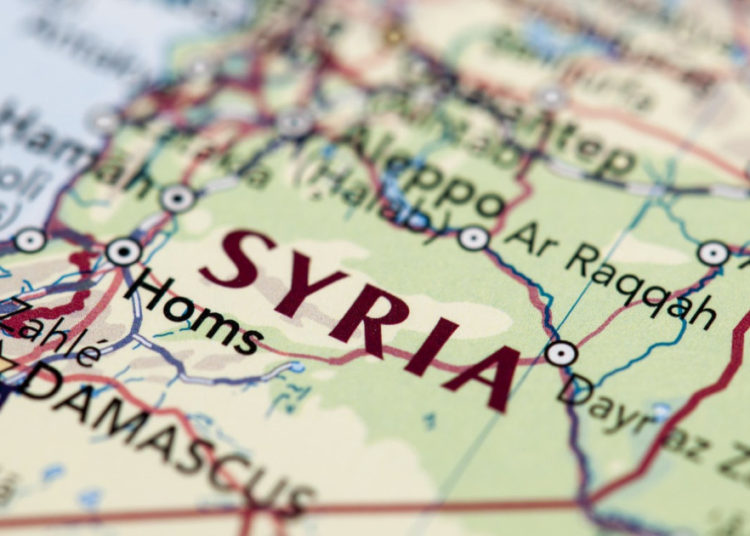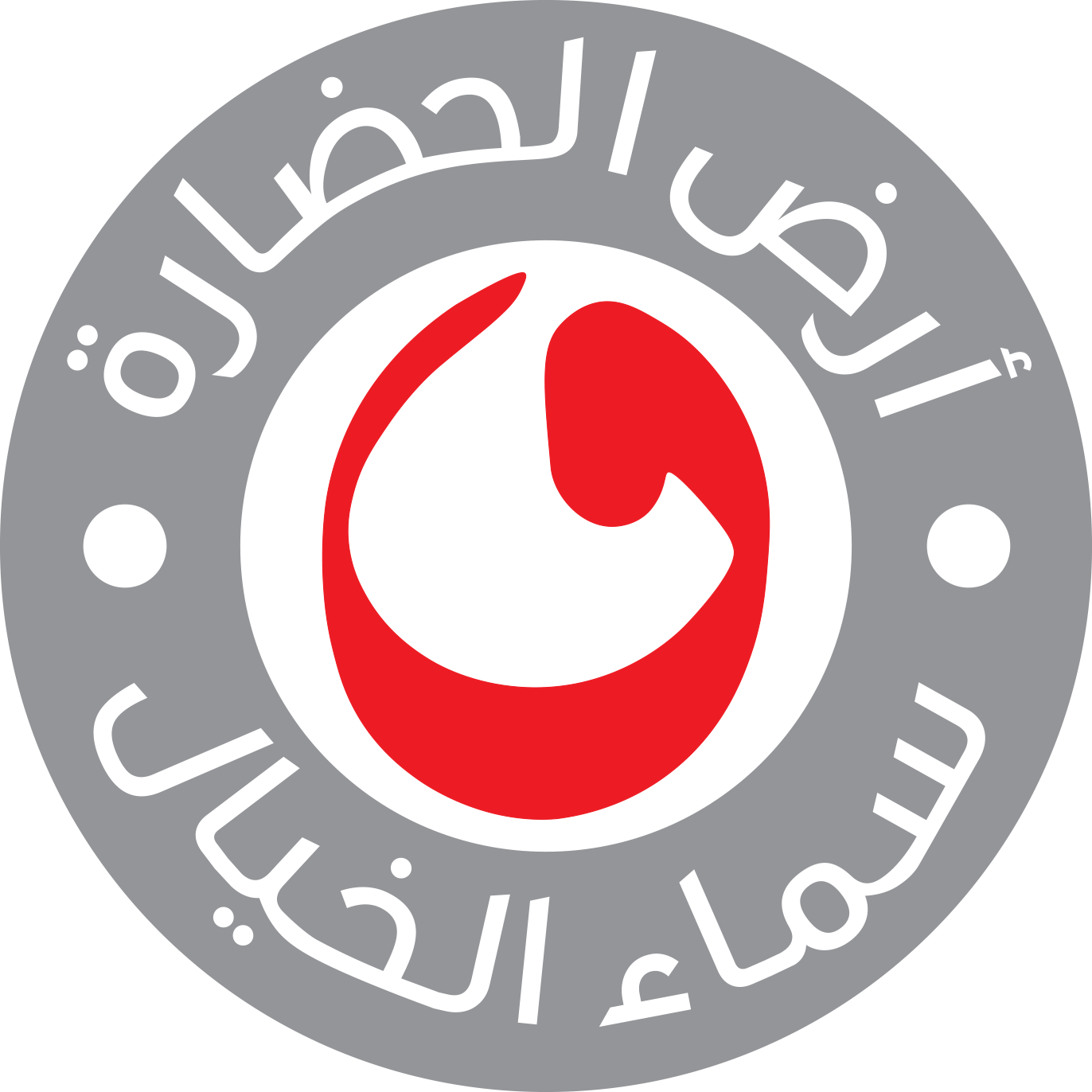Nouri Al-Jarrah
In Greek tragedy, the heroes are equal, and their actions mirror each other; the adversary boasts of his opponent’s strength and displays his noble qualities, without belittling or underestimating him, or diminishing his worth or insulting his dignity. Moreover, betrayal is unimaginable; instead, we often see the adversary elevating his opponent’s stature, which adds a greater value to their battle and endows him with a strength, grandeur, and nobility that only fate can defeat. Tragedy often arises from conditions more potent than both adversaries, as it stems from the work of fate and its overwhelming circumstances, independent of earthly causes.
Likewise, the discourses of tragedy are founded in Greek tragedies and earlier in the Mesopotamian basin and other ancient cultures, and subsequently in the works of Shakespeare, especially during the medieval period, producing a language with structure, form, tone, names, and signs that interweave and transform, generating images, icons, and concepts that transcend language, traverse time, and bear meaning. Thus, throughout cultural history, a lexicon of meanings and connotations surrounding tragic events and tragic fate has been formed. Consequently, the entirety of tragedy texts skillfully reflects the imaginative act that creatively shapes the relationship between the individual and his fate, and the nation and its future.
This is within the lexicon of the ancient tragic event and its icons preserved in texts. But what about the tragic event itself, as in the contemporary Syrian tragedy, for example, which has sent its images and icons to the four corners of the earth through its bloody realities broadcast in images, videos, and news that document its occurrences daily over the past two years and the current year?
How can we borrow the classical lexicon of tragedy to describe Syrian events, when the balance between the two adversaries has completely vanished? Here is a thief who steals land and people, becoming the very maker of fate. A deceiver who boasts of qualities he never possessed, distorting the image of his stolen opponent and seeking to deceive history.
In the land of conflict/massacre, one adversary is armed and supported, while his opponent is a captive and uprising people, yet he stands alone; he has nothing but his voice, hands, and longing for freedom. The massacre, therefore, is a slaughter, its events a treacherous collective extermination of the adversary’s body, devoid of parity or heroism found in tragedy.
In the contemporary Syrian tragedy, the ancient balance between the two adversaries has vanished, and the acts of the adversary have reached levels of bloodshed, brutality, treachery, baseness, degradation, and bestiality that exceed even the tragedy, surpassing all the lessons history has taught us about tragedy, its images, and its actions.
From the collective contempt for thousands of people to the betrayal of those sleeping in their homes—children, women, and the elderly—families that inhabited their world, only to be struck by an earthquake of such force that even the earth itself, no matter how angry, would not dare to produce its equal. From the mass rape of little girls in front of their mothers and fathers to the sadistic pleasure taken in stabbing children’s bodies and reveling in their violation and tearing apart, to the desecration of the spirit headed for execution through the terrorizing of its dignity.
There is no betrayal in tragedy, and all that the butcher who has positioned himself as an adversary to the Syrian people does is treachery upon treachery upon treachery.
Are we then in a farce after the tragedy?
And when all this blood is spilled, witnessed by a world with many eyes that receive every incident on Syrian soil moment by moment—from the moan of an injured child, to the scream of a girl being raped, to the call of a grieving mother—indeed, the voice of every drop of blood shed in the Syrian blood strip must have reached consciences; yet, there it falls, forever dropped in the dead consciences.
The lives and deaths of Syrians are now documented, today, in video clips filling the electronic ether; they are visual documents of this black farce.
When the minaret of the Omari Mosque in Daraa collapsed and fell from a height, it fell into the dead consciences of humanity as a whole.
What do we consider the extermination of history in the image of a 1,400-year-old minaret being shattered by a bomb?
A minaret that is the first in all of the Levant? Is this tragedy or farce? And why does this question concern the fate of the stone, the word Syria—the black farce, Syria of culture, and Syria of the future?
My question is, if the fate of this stone does not signify the fate of humanity?
I return to the root of the question regarding the specifications of tragedy; we have quickly arrived at new ground. Here is Syria, shattered in a region of nations adrift, leading us all through paths resembling an absurd maze, and here we, the Arabs, traverse with the Syrian event from impotence to disappointment, and from disappointment to void, to reach together the land of absurdity. As for the “strong world,” the owner of this black farce, “astonished” by images of Syrian death, it does not cease to inform us that it is like the author-director in Greek theater, unable to push the incident.
The Syrians call one another from time to time to meetings and conferences held in the Syrian diaspora stretched across the globe. Some of these meetings feature writers, thinkers, intellectuals, and national figures disturbed by the Syrian situation and the trajectory of the revolution from its peaceful phase to its bloody one over the past two years, with no precedent for their events in Syrian history or the region’s history. They are appalled by the death and destruction that has spread across their homeland from one end to the other, leaving no home untouched, shaking or shattering it, and no eye of a mother undry; the butcher and his criminal gang have distributed death to all corners of Syria and imposed calamity upon the country as a plague descends.
Various concerns dominate the dialogues of intellectuals during their meetings, which are often arranged under this or that opposition entity, usually funded by the supporting entity of that entity in the region. Rarely does civil and community society in Syria play a role in supporting such meetings aimed at utilizing the intellectuals’ cards in the service of the revolution and its opposition and policies. Here, specifically, in the ambiguity of the relationship between the intellectual and the oppositionist, and between the thinker and the politician, the imbalance begins, and the problems of the intellectuals of the Syrian revolution with the opposition entities start, whether they are members of them, supporters of them, or merely distanced from them.
Syrian intellectuals, especially writers, poets, and artists, appear to lack the material capabilities and resources to articulate their critical stances at a distance from the opposition and its entities, which even when they complain of lacking material support can, whenever they wish, find funding for their conferences and activities. Meanwhile, intellectuals stand like orphans, waiting for assistance to organize their activities in support of the revolution with the necessary independence.
With the exception of rare cases where some free Syrian economic figures have emerged as supporters of the intellectual and cultural body supporting the revolution, the deteriorating material conditions, even in the individual sense, render intellectuals incapable of establishing the necessary distance between their symbolic and recognized entity and the opposition entities, not to mention protecting this distance if it exists. This practically threatens to assimilate them into these entities, which operate according to mechanisms that often do not allow the intellectual to maintain his independence. This hinders their critical action and deprives the revolution, to which the intellectuals have joined as supporters and participants, of formulating visions, ideas, concepts, and themes that all contribute to developing a democratic consciousness and practice in a society for which the revolution was launched to realize.
Writers have undergone a simultaneously difficult and exciting experience represented in the establishment of the “Syrian Writers Association,” which was born as the first democratically elected entity in Syrian civil life. The mere birth of the association from the womb of the Syrian people’s revolution contributed to bridging, if only partially, the gap that has long gaped between the people of the pen and their kin, and between intellectuals and the people.
Despite some problems that confronted the first democratic experience of a Syrian cultural entity in fifty years, the experience succeeded and was celebrated by Syrians as well as by writers and intellectuals across the Arab world. For the first time, prominent cultural figures of a high caliber and democratic thought appeared at the helm of Syrian cultural work, in the syndical sense of the word.
However, the association, which included over two hundred Syrian writers and many more Arabs as honorary members, was soon met with a campaign against it from some intellectuals, reflecting a history of the fear of suspicion that has characterized the lives of writers under a terrorist regime that has dominated culture with thugs, servants, thieves, and informers, creating dysfunctional relationships among the writers and intellectuals themselves. The process of establishing the association transparently and honestly revealed the reality that a long time would pass before the Syrian intellectual could regain his balance, clarity, comfort, and good listening to one another and respect for each other’s initiatives, not to mention the absence of suspicion merely because he operates in a sphere of which we may be ignorant, leading to a severe lightness in accusing people and trivializing the facts.
Unfortunately, the history of repression has resulted in the absence of a cultural history that appreciates anyone who has served culture beyond the considerations of the dominant ideology and the directives of security agencies and elements loyal to the ruler.
However, the most significant revelation of the association’s experience as a newly formed entity for Syrian writers regarding the negatives is the opposition politician’s unwillingness to deal with the intellectual except as an appendage to him, a complement to him, or an ornament to his
What resembles the unfortunate inertia currently evident in the “Syrian Writers Association” was initially accompanied by a great passion for discussing the independence of the intellectual from the politician, cultural freedom, and the refusal to accept any ceiling that limits freedom of expression. All this passion, along with its written and publicly declared statements by the founders, has faded away, while the leadership of the opposition movement (mostly composed of intellectuals!) has turned its interests to other issues that leave no role for intellectuals to play. This might seem natural given the pressing tasks faced by the opposition speaking on behalf of the revolution. However, does it not seem strange and suspicious that there is no serious interest among the Syrian opposition directed toward meeting the cultural and spiritual needs of Syrians scattered in shelters, tents, and housing centers in the four neighboring countries? This could at least be addressed through a distribution of roles that allows intellectuals—thinkers, poets, artists, academics, and others—to play serious roles that are urgently expected of them in the life of their people. Thus, they could contribute to interacting with the bright new developments that have emerged in street culture, such as works, projects, and creative young ideas that have become evident in the culture of the revolution on the ground.
The inability of the broad body of Syrian intellectuals to secure their independence and establish free entities that help them cement this independence, and to draw a clear line between themselves and the political opposition entities, regardless of their ideological backgrounds, and to impose themselves now during the revolution and not tomorrow, as a fundamental intellectual, literary, and social force, as well as a moral reference for the Syrian people—this failure to achieve anything serious in this regard now, in the time of revolution, will make the hegemony of political opposition forces over the culture of society inevitable in the future. This could threaten the democratic dream of a new Syria, particularly in light of the renewed marginalization of the intellectual’s role by the politician, and the monopolization of cultural institutions to continue subjugating society, but now by new powers.
We do not wish to see a new Syria with a Ministry of Culture controlled by the politician who imposes his ideology—whatever it may be—transforming its resources into an additional weapon that the politician might use to enforce this or that idea in a precarious trajectory towards democracy, which could possibly be turbulent in the future or inherently marked by turmoil.
Nor do we want the critical historical role of the intellectual to be hindered during times of revolution and social transformation, while society, with its enlightening forces, awaits this role and relies on it amidst the open confrontation with the repercussions of tyranny and the various horrors and psychological, intellectual, and social problems inflicted upon the Syrian people by 50 years of dictatorship, along with three recent years of torture, executions, rape, mass killings, and every strange and aberrant form of annihilation of life in the Syrian land.
But what is the alternative to a Ministry of Culture in the formation of the new Syrian state?
I have previously discussed the idea of an “alternative” with many Syrian intellectuals under the proposed title of “Syrian Council for Culture and Arts.” This discussion took place on the sidelines of the “Syrian Consultative Conference” held in Cairo in mid-October of last year, which was considered a preparatory conference for a wider conference intended for Syrian intellectuals under the name “Syrian Intellectual/Scientific Conference.” Preliminary discussions were held about this “alternative” as an entity with an enlightening role focused on performing organizational rather than supervisory tasks. In other words, its existence should be based on strengthening cultural institutions in civil society rather than controlling or politically directing them. A future-centered discussion should occur regarding this new name, addressing its cultural, organizational, and legal aspects, guided by existing models in Europe. In my opinion, culture in a democratic society can only thrive when it is liberated from the state’s domination over it and not just the authority. Culture as a product and intellectuals as producers benefit from the state through frameworks like associations and cultural centers that have rights over the state through financial support usually granted to public benefit associations and non-profit projects, where society produces its culture across its various perspectives, references, and intellectual and aesthetic orientations. Writers and artists receive equal support, and their achievements enjoy the greatest possible freedom, as long as they are produced through free community institutions that are not subjected to external authority.
A look at the cultural structures and institutions in European countries and societies, where culture flourishes and transforms into a product connected to the overall movement of society and the economic activity of the country, assures us that there can be no new and free culture without liberating its institutions and completely separating them from the state, along with organizing unconditional support mechanisms, whether from state institutions or civil society institutions, as is the case in Britain, Germany, France, and others.
In order to discuss this alternative to the Ministry of Culture, we called months ago, through the “Consultative Conference” held in Cairo.
We present these ideas and conclusions here to intellectuals—writers, thinkers, and artists—for reflection and discussion, hoping they will consider them as material for intellectual dialogue.
If you need any modifications or additional translations, just let me know!










